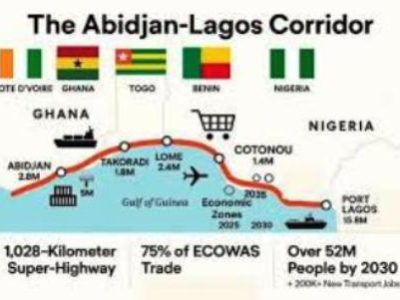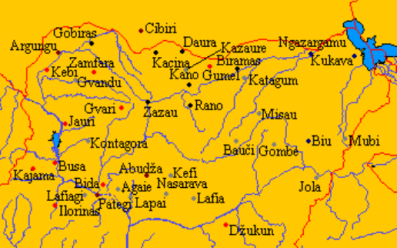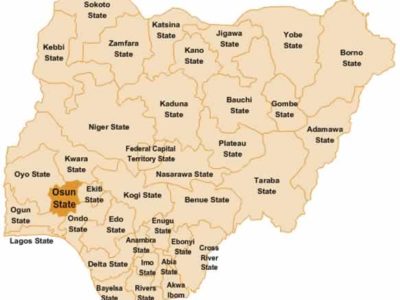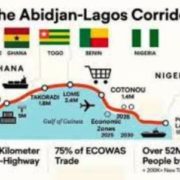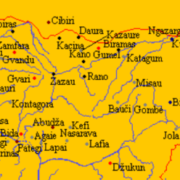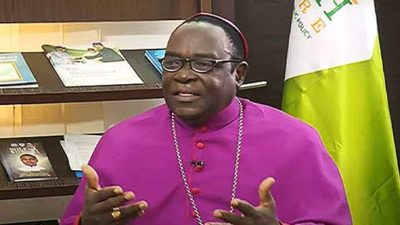
African governments, energy stakeholders and industries need to develop and define the continent’s own narrative of what a just energy transition across the region looks like. In addition, Africa needs to develop resilient financial solutions to fund its own energy developments, drill more oil and gas wells, and develop capital attractive energy regimes while improving the participation of women. In this regard, the African Energy Chamber (AEC), as the voice of the African energy sector, is committed to driving dialogue around these issues, with discussions introduced during a panel discussion held at the Namibia International Energy Conference (NIEC) in Windhoek on Thursday, April 21, expected to be expanded upon during African Energy Week (AEW) 2022 in Cape Town.
The NIEC session, titled ‘Africa Energy Outlook: Towards a just energy transition,’ was moderated by Afra Schimming-Chase, Chase & Associates and included Paulo Gomes, Founder and Chairman, Orango Investment Corporation; Marie Thérèse Laguerre-Ndiaye, Head of Africa Strategy, Veolia; Kelvin Tan, CEO of Origin Capital Management, Vice Chairman, Africa Business Group, Singapore Business Federation; and NJ Ayuk, Executive Chairman, the AEC as speakers.
Highlighting the lessons Namibia and other African countries can take from Singapore in utilizing gas to decarbonize, Tan, said that “Countries like Gabon, Rwanda and Namibia which are similar to Singapore with resources, should establish themselves as energy hubs, aggregators and neutral, safe and trusted parties to bring together continental and international parties to cooperate on energy resiliency and sustainability. You need to engage beyond a zoom conversation. You need to engage and make people feel good. You have this strength, turn it into an advantage. Trust is key in any project so use it to your advantage.”
As the continent navigates its own energy transition, the panel emphasized the role that inclusivity, equitability and contribution play in ensuring Africa transitions and industrializes at the same time.
According to Gomes, “When we talk about the just transition it won’t be an overnight process, there is not total consensus to what we call energy transition. We agree that we need to move quickly to decarbonize, but it is important to say it shouldn’t be done in a way that is rushed or in a way that is not thought out rationally. Looking at Singapore, they are still using gas while they plan on using hydrogen. Gas needs to be introduced as an element in the transition. it is important to send that message. Since 2000, the consumption of gas has increased worldwide. We need to be much more forceful in building our narrative and defending our interests.”
Meanwhile, Ayuk expanded on the topic of decarbonization, emphasizing the role oil and gas will continue to play in Africa’s just transition.
“You get a just transition by drilling more wells. You cannot have a just transition without oil and gas. With COP27 coming to Africa, the first thing you need to do is invite everyone in the room. You cannot have a just transition without having a just conversation. We need to share the burden. You cannot tell poor people to pay the price of the wealthy,” stated Ayuk, adding that, “Our daughters will not be able to sit in those classrooms because they will be in the dark. What are you decarbonizing from? Outside of South Africa, Africa’s greenhouse gas emissions are 0.5%. Look at Mozambique, it can go from zero to the third largest gas producer in the world. Senegal, with 150 trillion cubic feet of gas around there. Why bank our futures on technologies that are not proven and do not exist? We need to use gas and oil and drive that conversation. We need to drill more wells.”
Commenting on the importance of diversifying the energy mix, Marie Thérèse Laguerre-Ndiaye, added that “Financing access to energy will enable access to education and the growth of economies. Our industry and economy cannot run without oil and gas. We will not switch off oil and gas just like that. We will keep using but again look at the other technologies that will enable the use of renewables to ensure power security and decarbonization at the same time. What we can do is that we can connect some parts of the economy like houses to solar and wind and leave heavy industries to run on oil and gas. Africa need to also use biogas which we are strong in and carbon capture to diversify the energy mix.”
With natural gas, capital raising and a just transition representing central themes at the continent’s premier energy event, AEW, taking place from October 18-21, 2022, in Cape Town, topics introduced during the executive panel discussion will be expanded upon. Under the theme ‘Exploring and Investing in Africa’s Energy Future while Driving an Enabling Environment,” AEW 2022 represents the official platform whereby deals will be signed, partnerships formed, and discussions held that will impact the future of the African energy sector.

